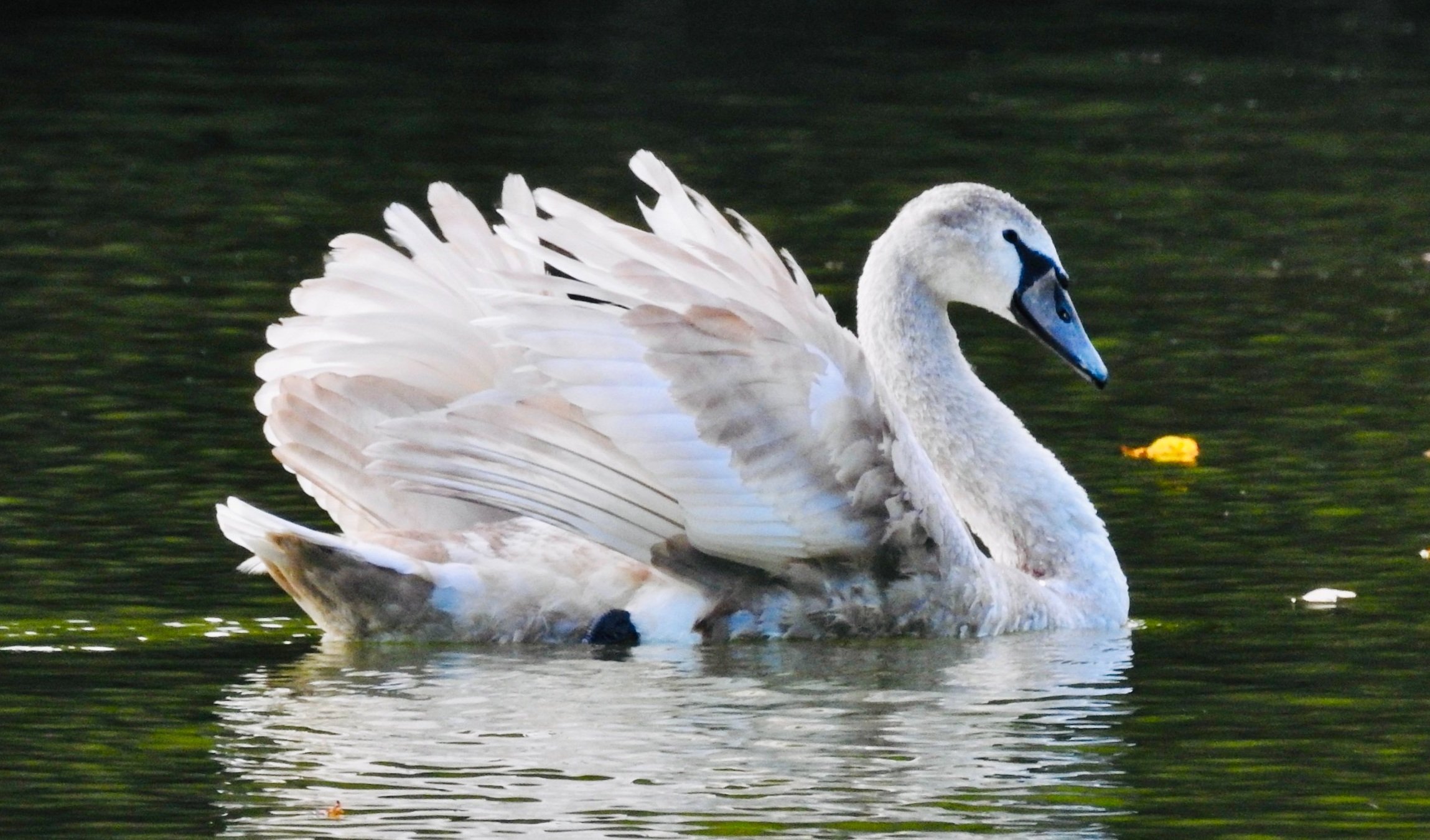The Ballerina
16 years old, 8½ by 11 paper, a 14-pan watercolor set,
and a pin-point of hair on a small brush.
Dab, dad, dab, dad, David, dab, dad, David…
Painting L’air Du Temp’s ad of a ballerina—
a floating angel of swirling vibrant color.
Light from a window shines on her black hair,
illuminating her, as she dances in a dungeon dark space.
Hyper-focusing, blending light and dark,
texturing rubber cement on the shadowed walls.
Blinking back the tears, keeping my lips firm.
Everything must be perfect—her face and dress.
Creating something beautiful out of water and despair,
because it would be useless to question why.
“Why did you stop him from seeing me?”
Why did you stand like a guard at the front door
and send him away, as he smiled his poor smile?
What is so wrong with a boy who calls,
to argue about how to cook an egg,
to share how his mother had died,
then writes of his mission in Hong Kong,
and comes to visit, after being gone so long.
I had been alone all my life, until he came.
Why do you hate his name?
And I…I stood silent and afraid.
I should have said, “You are a monster. I hate you.”
I should have pushed you aside and opened the door.
I should have cried to him, “Please forgive us. I’m so sorry.”
Instead, I paint, with blinding focus and quiet intensity.
Walking by, he smirks, “You’ve never looked happier.”
If I were a python, I would wrap myself around him
and squeeze, until every bone cracks beneath my coils.
Like the Joker, I could put a blade in his mouth
and show him how my happiness feels.
I return to the painting and let
the work transform my hatred and regret.
The ballerina shone like the Orion nebula.
When it was done, I gave it to him, as if to say,
“I forgive you for being who you are.”
His sister saw it later, hanging above his bed,
and asked me to give it to her, and I said, “No.”
He wrapped my forgiveness in brown paper for her sake.
Then—along with the part of me that paints—it was gone.
Alice W. Lee















